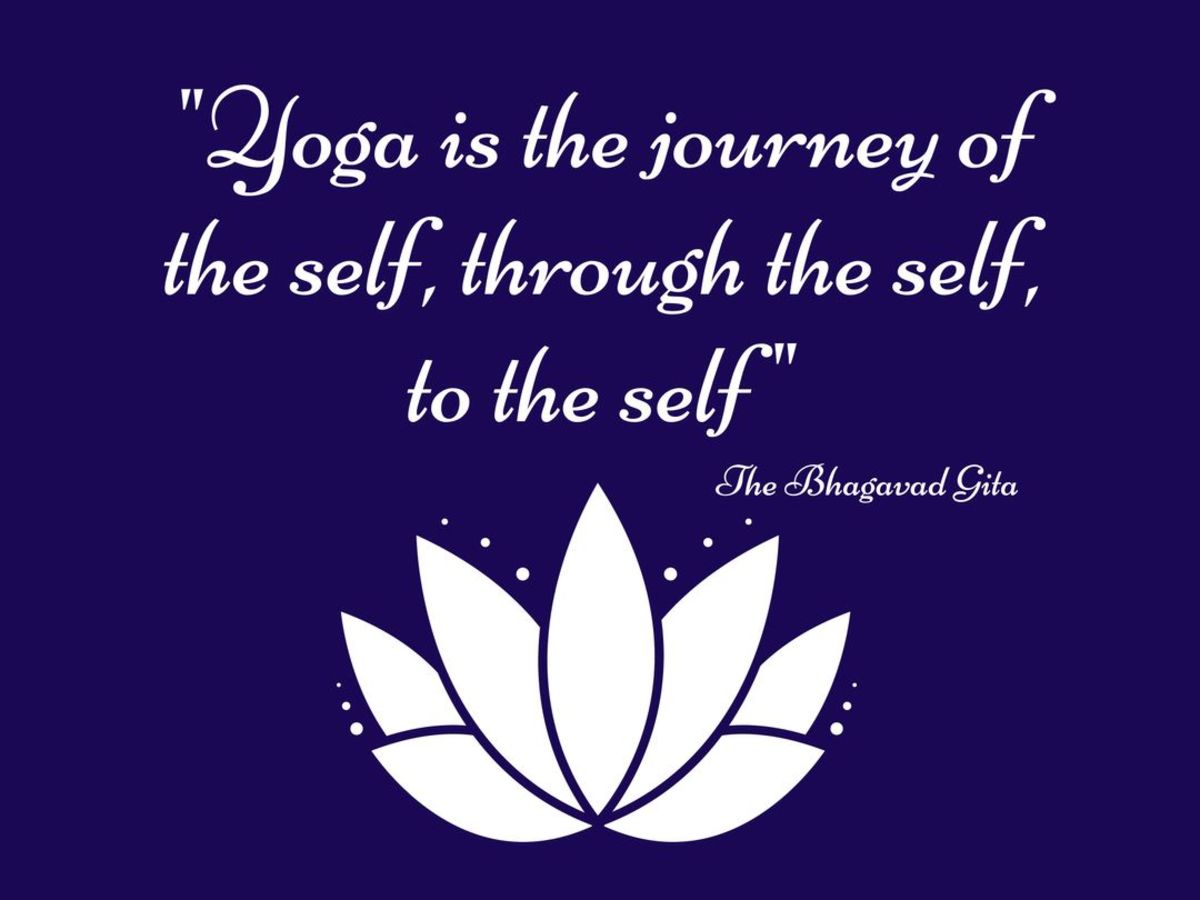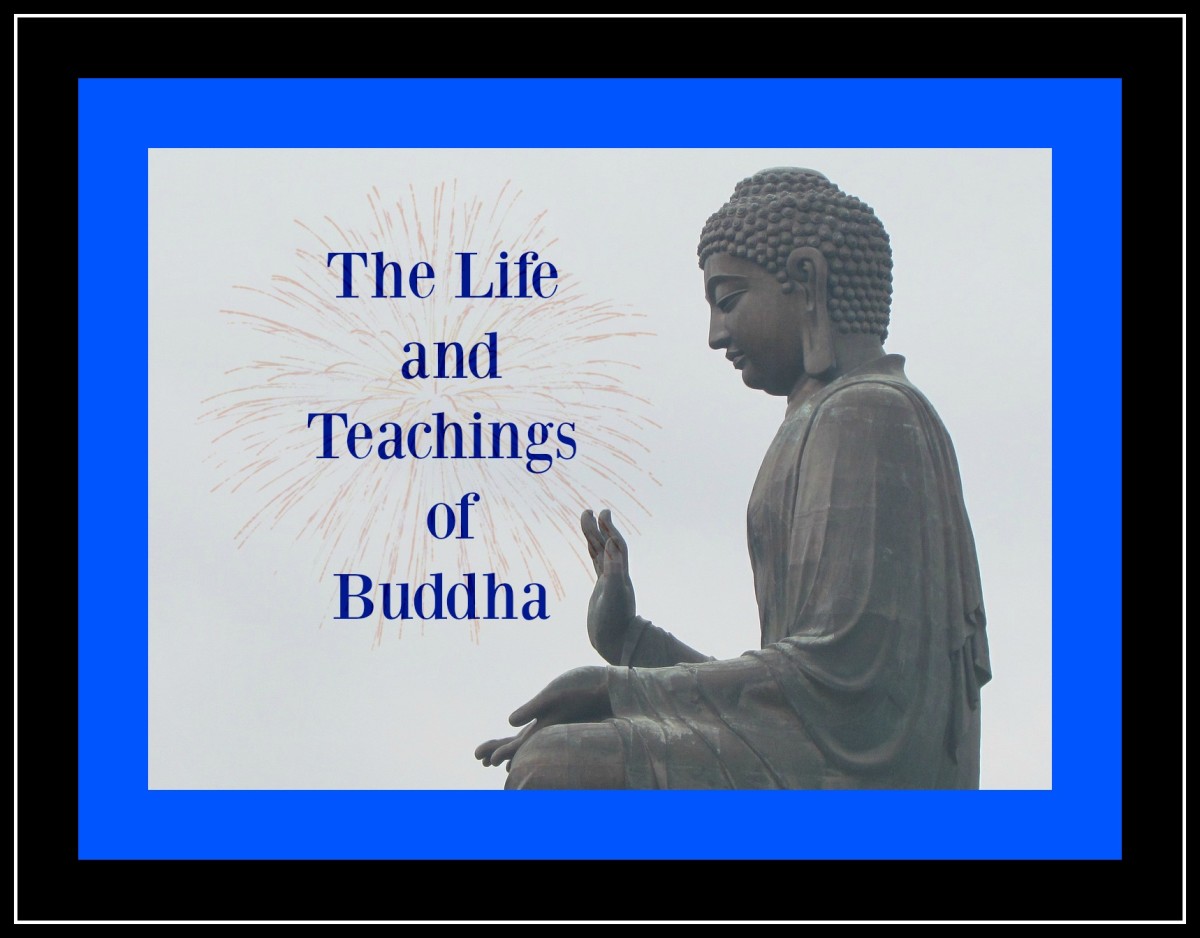An Essay on Zen Buddhism

In his essay for the Chicago Review, Alan Watts attempts to demonstrate the true nature of Zen. The essay was written to counter some of the forms of Zen that are straying from the true experience: "beat Zen," a belief system in which Zen is used to justify rebellious behavior, and "square Zen," an attempt at restricting Zen to a rigid system of discipline. Watts believed that Zen could set one free from worries of the human life because mankind is just part of a greater whole, and that whole is functioning as it is supposed to be. So, by understanding that all things are happening and will happening as they are meant to, one can find peace. But he does not believe that Zen can be restricted only to this understanding. Zen is not a belief but an experience, and all things are part of it (even beat and square Zen).
"Eat your food, move your bowels, pass water, and when you're tired go and lie down." This is a quote of the great T'ang master Lin-chi. Watts included it early in his article and in it one can find the foundations for his beliefs. Zen is nothing complex. It is not a rigid discipline as many, such as the Japanese, have attempted to make it. It is not a superior belief system through which one can gain salvation or honor. Watts does not belief in sin or shame. Zen is quite simply everything, and some people understand this and are happy. These people are wise enough to be as they are designed to be. Watts claims that there are people who have actually attained the feeling of oneness with the universe (satori) and yet they are not "mysterious occultists in the Himalayas nor skinny yogis in cloistered ashrams" (t590). Rather they are completely normal people who are just "more at home in the world" (t590).
So from this simple belief that all is one, Watts can infer that there is no true good and evil. While it is undeniable that there are things that will improve one's life or damage one's life, one's life is only part of a greater whole in which everything is happening as it is meant to happen. "Framing" a situation, as Watts calls it, causes good and evil to be apparent within the situation. But removing the "frame" and viewing the universe as a whole allows one to see that there is balance between destruction and construction. Watts gives the analogy of up and down existing in a room but not in space. In this same way, morality exists in a situation in someone's life, but not in the universe as a whole. In relieving oneself of the burdens of morality, Watts believes, one can be at peace: "At this level, human life is beyond anxiety, for it can never make a mistake. If we live, we live; if we die, we die; if we suffer, we suffer; if we are terrified, we are terrified" (t591).
Having said that, true Zen practitioners do not go mad and start engaging in sins with abandon because they do not need to justify their actions. Using Zen and the lack of good and evil as a reason for doing as they wish would be justification, and they do not need to do such things. For Zen cannot be contained to a justifying belief. Practitioners of "square Zen" believe that Zen is a desirable thing to understand. They train hard and long to be able to understand it, doing exercises and engaging in thought processes that are superfluous to the true path. They do this for the personal honor gained in attaining the one true understanding of the universe and feel justified by it. They lack the understanding that Zen is not just a belief but and experience, and they do not gain true understanding because of it (though they are still part of Zen). Practitioners of "beat Zen" attempt to break away from the norm to attempt to find a greater understanding but are clutching to their free and abstract way of thinking to justify there abnormal behavior. Zen cannot be used to justify one's actions because all things exist within it, rather that it within certain things (which is what it would be if it were a mere belief).
Zen is so simple that it confounds the logical mind. Daisetz T. Suzuki attempts to explain Zen and its transcending logic: "Zen is decidedly not a system founded upon logic and analysis. If anything, it is the antipode to logic by which I mean the dualistic mode of thinking. There may be an intellectual element to Zen, for Zen is the whole mind, and in it we find a great many things" (9). With that said, Watts bursts one more blood vessel in the reader's brain by declaring that even square and beat Zen are a part of Zen. All things are happening as they are meant to and people should just float through life. So if one is happy being wrong and misunderstanding the workings of the universe then they should just go with it, for they are as they are meant to be.
Sources
Watts, Alan. "Beat Zen, Square Zen, and Zen." Past to Present: Ideas That Changed Our World. Ed. Stuart & Terry Hirschberg. New Jersey: Prentice Hall, 2003. 588-97.
Suzuki, Daisetz T. The Essentials of Zen Buddhism. Ed. Bernard Phillips. New York: E.P. Dutton & Co., 1962








